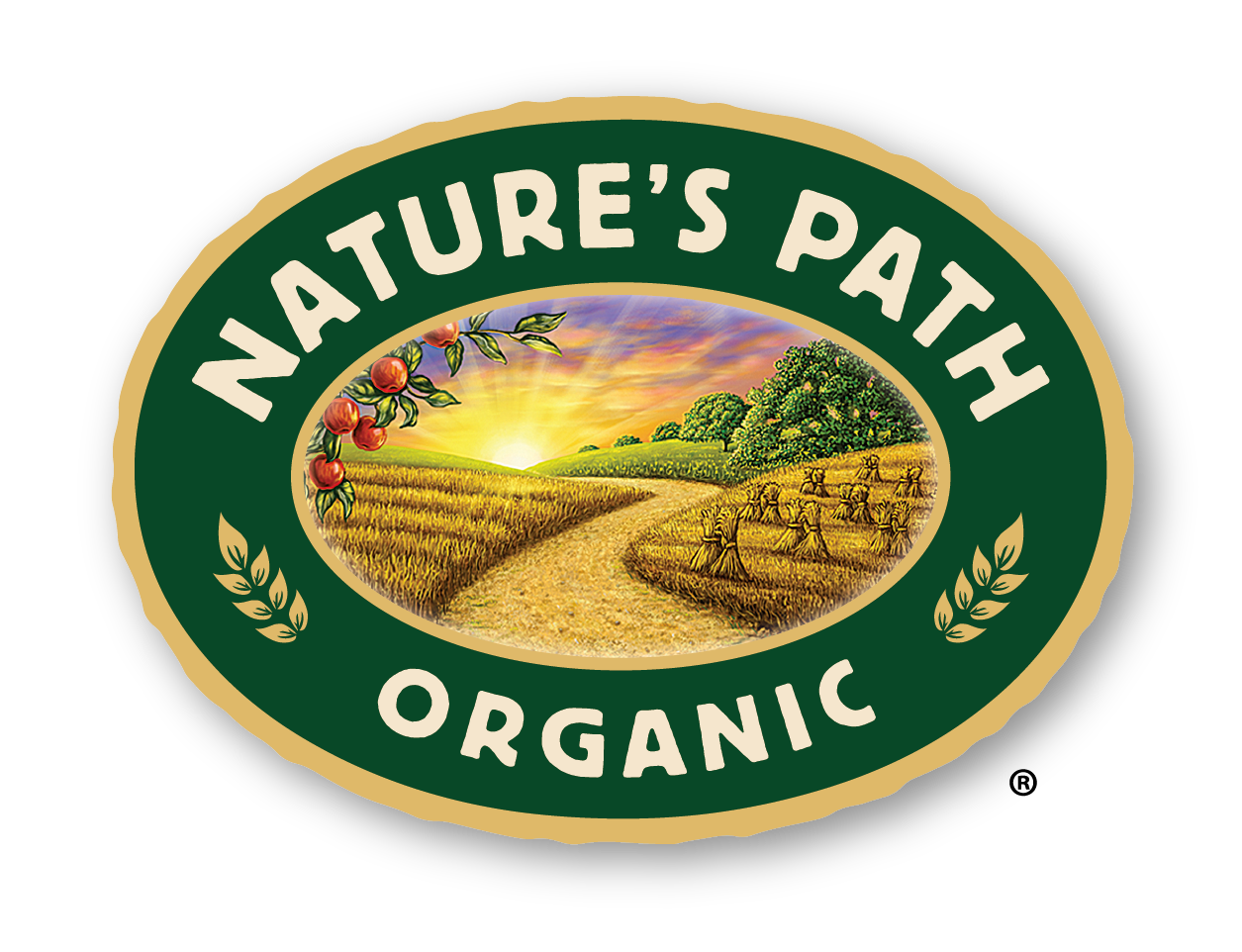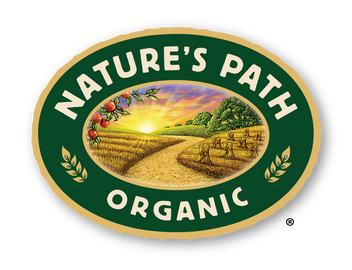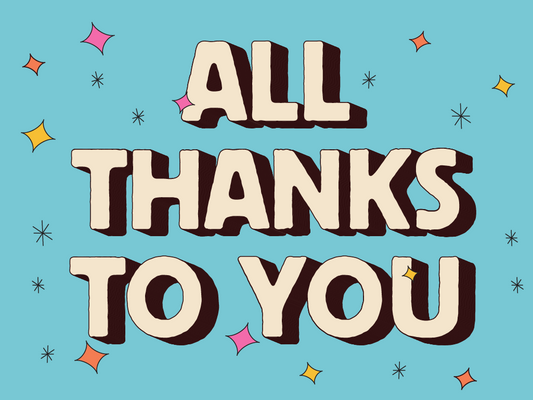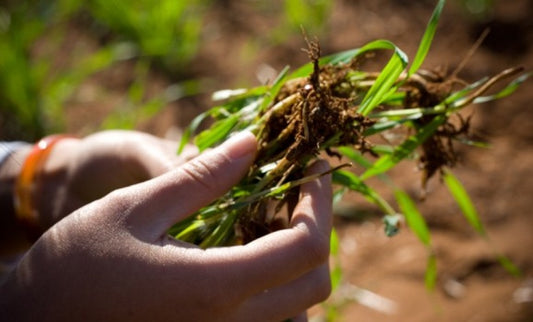In the wake of salacious headlines and alternative facts, it can be a relief to find that there are people out there dedicated to a life of being awake. Conscious consumerism is a way of declaring we can retain the awareness of the power of our purchases no matter what is going on in the world around us. The United Nation’s theme for World Environment Day in 2015 was “Seven Billion Dreams. One Planet. Consume With Care.” The World Watch Institute echoes this sentiment, stating on
their website, “
If the consumption aspirations of the wealthiest of nations cannot be satiated, the prospects for corralling consumption everywhere before it strips and degrades our planet beyond recognition would appear to be bleak.” We can curb our wealthy appetites and start to think differently when it comes to every aspect of our spending lives, from food and clothing to travel and financial investments. There are
80 billion garments made every year. The only way this is going to slow down is if there is no longer the demand. The conscious consumer is one that seeks out ways to make positive decisions on what they buy, and solutions to the negative impacts caused by consumerism. It requires us to be awake. It requires us to do rather than preach. Although surveys often demonstrate that people are willing to pay more for items made in an ethical or sustainable fashion,
only 15% of Canadian households purchase 100% recycled products. We are still at a time in history when most of us look to price first, social impact second. No matter how much we may limit our resources and recycle and reuse the goods that we already own, consuming will happen in our lives. Everything has a price, and the cost is not only what is depicted on the price tag. Most of our natural resources are finite and non-renewable, yet the easier it is to buy things (hello, Amazon Prime!) the more we separate ourselves from the reality of a finite world.
Externatilities
The unaccounted-for costs are known as “
externalities” and include:
- human time and labour
- environmental damage due to research extraction
- pollution
- other side effects of production
The psychology of sale lingo can make us feel good about ourselves when we “save money” with a purchase. It is easy to forget that the market price does not adequately account for the production, which is often absorbed by the poor country that makes the item in order for affluent countries to have access to cheap goods. Un-fair trade is the norm, so we have to seek out sources for fair trade, whether through labelling or through thorough investigation of a particular company. Part of being a conscious consumer is in educating ourselves on the things that we buy. However, another important step is to look at ourselves when we are in the process of buying something. Are we doing it because it is a necessary addition to our lives? Likely not. Sometimes advertisers have gotten so embedded in our subconscious that we think that our “need” for something comes from within, when it is actually external.
Annie Leonard, an expert in overconsumption says that only 1% of the materials used to produce consumer goods are still in use six months after sale. Disentangling ourselves from the grip of never-ending purchases may help us to recognize the value of immaterial things and (dare we say it) maybe even make us happier.. Organic. Non-GMO. Sustainably harvested. Ethical investing. Eco tourism. Many business models are making it easier than ever to
consume with care. The more we seek, the more that supply chains, materials and processes will be an transparent part of the companies we purchase from. We get to vote every single day through what we buy and don’t buy.
Shop for your good. Buy the change you want to see in this world.
Would you like to be the first to hear about our new products and more? Sign up for our Nature’s Path Newsletter.








